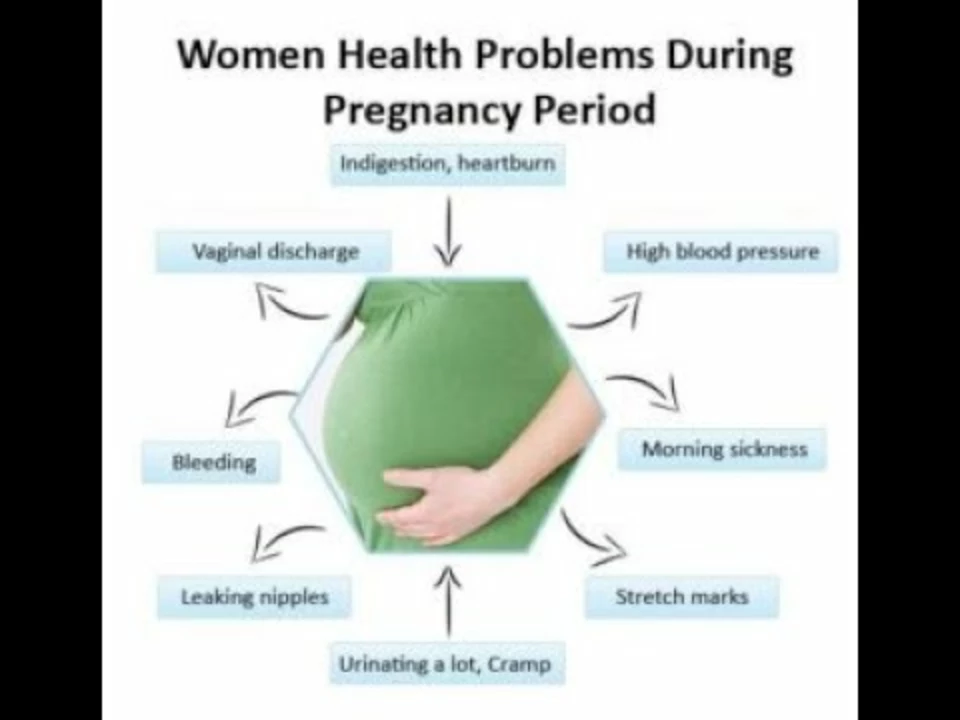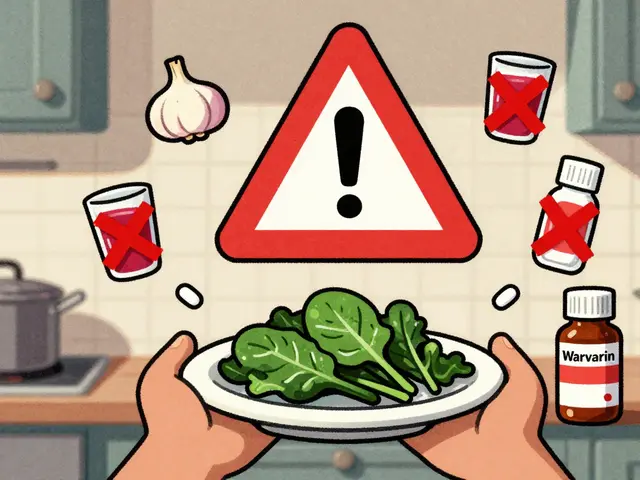Morning Sickness: Practical Tips That Actually Help
Feeling nauseous during pregnancy is brutal, but you can get relief with simple, proven steps. Morning sickness doesn’t always happen in the morning, and it can start as early as week six. Here’s clear, useful advice you can try today.
First, focus on small, frequent meals. Eating a dry cracker or a few nuts before you get out of bed often cuts nausea. Aim for six small snacks a day instead of three big meals. Low-fat, bland foods—bananas, toast, rice—usually sit easier than spicy or greasy meals.
Ginger helps a lot. Ginger tea, ginger chews, or ginger capsules can reduce queasiness for many people. Try one form at a time so you know what works. Peppermint tea can calm the stomach too, but avoid strong mints if they trigger more saliva or reflux.
Practical habits that ease symptoms
Wear loose clothes around your waist and avoid strong smells that trigger you—perfumes, cooking odors, or petrol. Get fresh air often; even a short walk can reset your stomach. Acupressure wrist bands (sea-band) press a point that helps reduce nausea for some people and is safe in pregnancy.
Vitamin B6 supplements are supported by research and recommended by many doctors. Typical doses used for morning sickness are around 10–25 mg three times daily, but check with your provider first. Some people combine B6 with doxylamine (a sleep aid) under medical advice for stronger relief.
When to call your provider
If you can’t keep liquids down for 24 hours, are losing weight, or feel dizzy and faint, contact your healthcare team. Severe morning sickness, called hyperemesis gravidarum, needs medical treatment—fluids, vitamins, and sometimes prescription medicine to prevent complications.
Some prescription meds can help and are considered safe in pregnancy. Your doctor will weigh benefits and risks before suggesting options like ondansetron or metoclopramide. Don’t take prescription drugs without medical advice.
Track what helps and what makes things worse. A short diary of foods, smells, and times of day helps your doctor and helps you spot patterns. Try one change at a time for a week so you can judge if it really works.
Finally, accept help. Ask for lighter meals at work, plan errands when you feel best, and lean on friends or family for meals and chores. Morning sickness usually eases by week 12–14, but if it doesn’t, keep your provider in the loop so you get safe, effective care.
Consider prenatal vitamins and iron if your blood tests show low levels—low iron can worsen nausea and fatigue. Rest when you can; tiredness makes symptoms worse. If food smells are a trigger, ask someone else to cook strong meals or use the microwave to reduce odor. Try chilled foods like yogurt or smoothies if hot meals turn you off. Talk to other pregnant people or join a support group online; sharing tips often reveals simple tricks you wouldn’t think of. Keep emergency contacts and your health visitor’s number handy in case symptoms escalate quickly. Soon.










